Rabiul Awal, hailing from Bholahat in Chapainawabganj, ventured to Saudi Arabia, lured by agents, despite lacking Arabic language proficiency. Initially struggling to secure employment, he eventually found work but earned significantly less due to his linguistic limitations—800 Saudi riyals monthly. In contrast, a colleague proficient in Arabic received 1,700 riyals for the same job. Rabiul's determination led him to self-learn Arabic, resulting in a better-paying job at a pharmacy, earning 1,800 riyals monthly.
Every year, numerous migrants like Rabiul migrate abroad without language skills, often ending up in low-wage positions and facing disappointment upon return due to inadequate pay. Conversely, those equipped with language training experience fewer hurdles and receive expected salaries.
In 2023, BMET reported 1,305,453 people migrating abroad for work, with the majority (62.56%) heading to Arab-speaking Middle Eastern countries. Despite Arabic being the primary language in these nations, migrant workers lack language training, hindering fair wage attainment and workplace integration.
Although some urban areas offer limited language courses, rural workers face accessibility challenges. Notably, Arabic language training institutions are notably absent, unlike those teaching Japanese, Korean, English, and Chinese. Short-term Arabic courses at Dhaka University's Institute of Modern Languages have stringent admission criteria, further limiting accessibility.
While BMET mandates language tests for migration to select countries and offers a one-month Arabic course for female domestic workers bound for the Middle East, officials acknowledge its insufficiency. Recognizing workers' needs, BMET recently reinstated nationwide Arabic language courses.



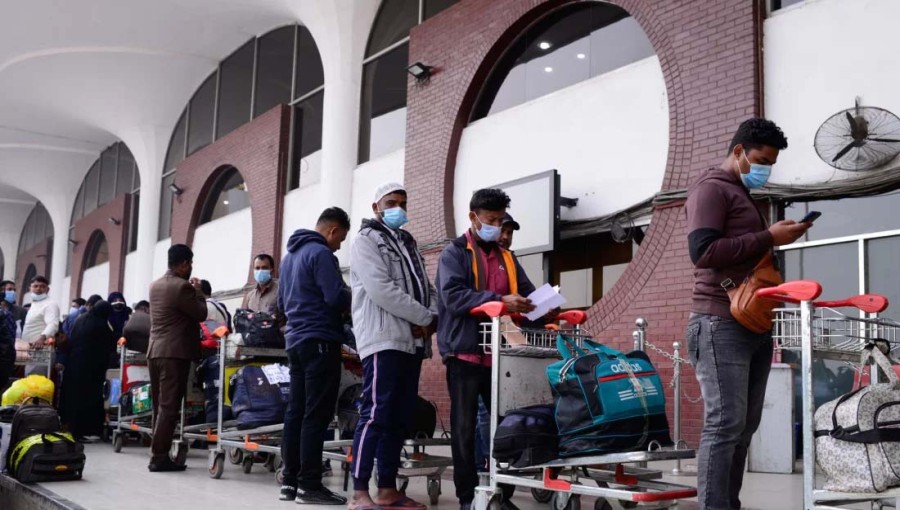
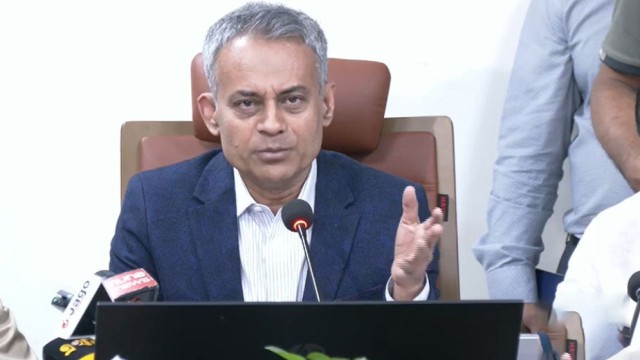





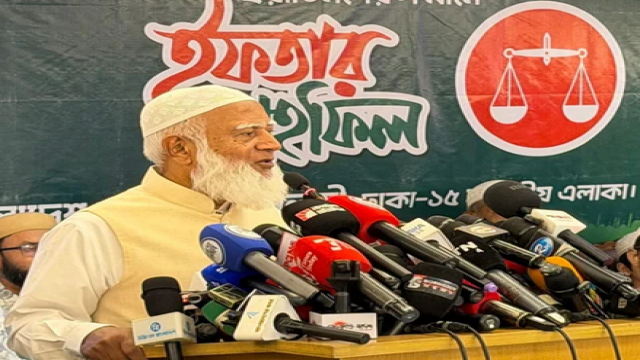
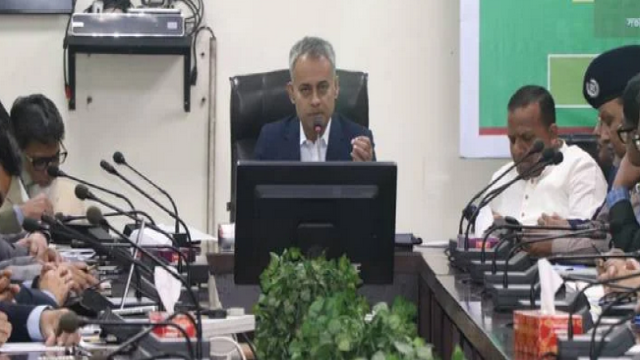




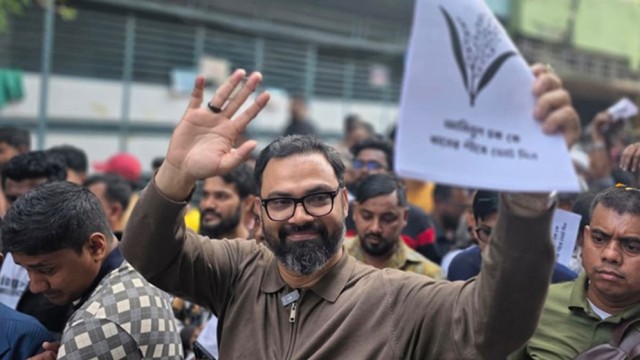











Comment: